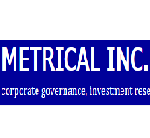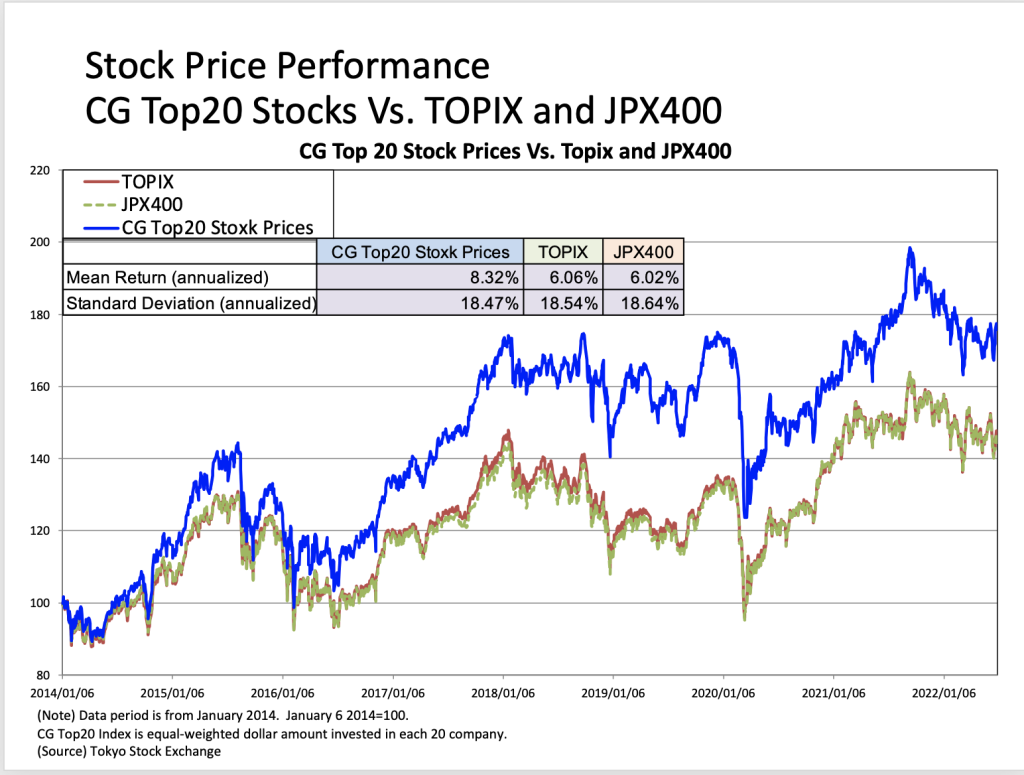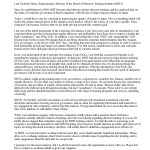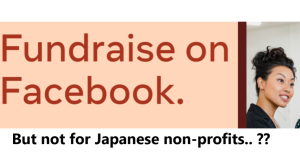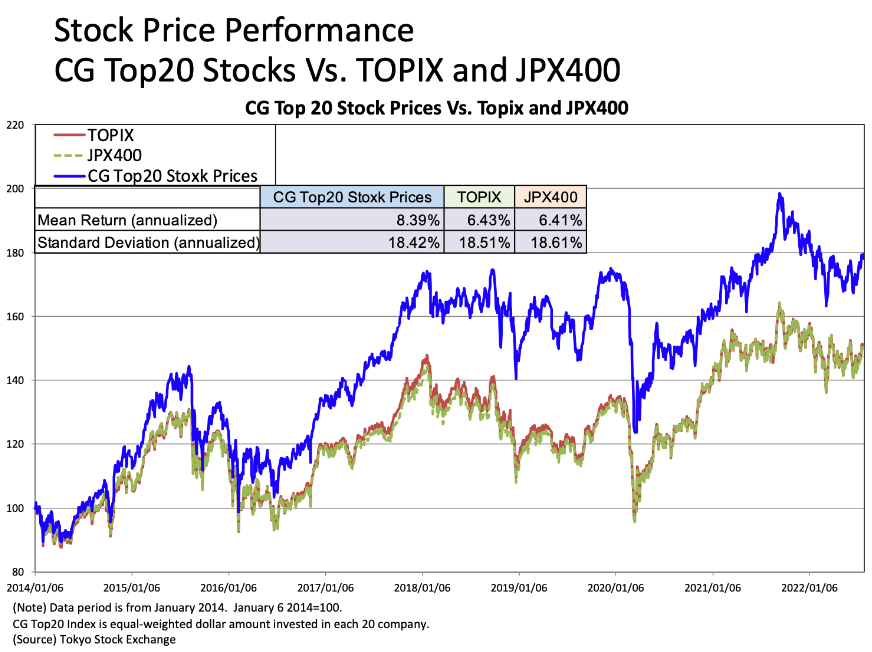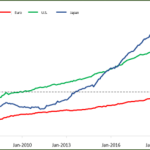
September 2, 2022
Nicholas Edward Benes
(Writing as an individual. Please see below.)
Setagaya-ku, Tokyo
benesjp22@gmail.com
(Please feel free to email me to receive a PDF copy of this letter.)
Prime Minister Fumio Kishida
Prime Minister’s Residence
2-chōme-3-1 Nagatachō
Chiyoda-ku, Tokyo 100-0014
cc:
Deputy Chief Cabinet Secretary Seiji Kihara
Mr. Masahiko Shibayama, Deputy Chairperson, Election Strategy Committee of the LDP
Hon. Prime Minister,
I am writing this letter with the respect that is due you as the foremost leader of this country, who has set forth a concept for “a new form of capitalism.” If I may, I would like to share my concrete thoughts on how further improving corporate governance in Japan can be a positive game-changer for Japan’s economy, society, and financial markets.
When I saw your moving speech to the NPT Review Conference, I was impressed how fluently you read English. Therefore, I am taking the liberty to write this letter in English, attaching a Japanese translation. As the person who suggested to the US government that President Obama visit Hiroshima, I was pleased with your passionate comments.

